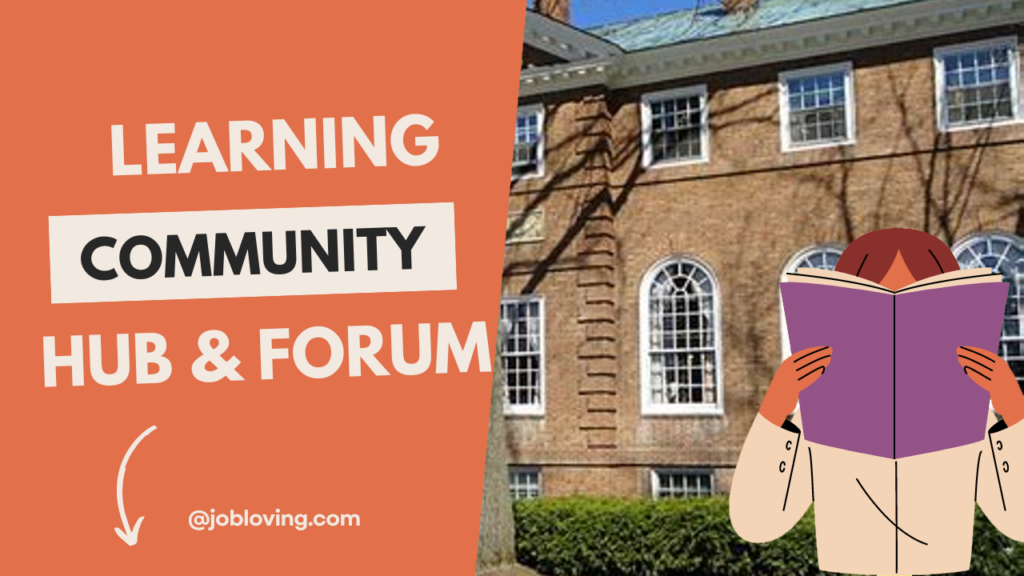Have you ever found yourself in a heated debate about Ivy League schools, wondering if Dartmouth can hold its own against the colossal reputation of Harvard? You’re not alone! Both institutions are academic powerhouses, beloved for their unique offerings and vibrant communities. But just how do they stack up against one another in terms of prestige?
The Short Answer : Dartmouth is prestigious, but different from Harvard
Both Dartmouth and Harvard University are two prestigious institutions that offer a myriad of academic and extracurricular opportunities, but they cater to different student experiences and environments.
Dartmouth distinguishes itself with a strong focus on undergraduate education and a close-knit campus community, thanks to its smaller size. With a student body of around 6,500, Dartmouth offers a more personalized experience, where students often form deeper connections with professors and peers. It’s known for its vibrant outdoor culture and a strong emphasis on the liberal arts, encouraging students to explore a range of disciplines.On the other hand, Harvard is one of the most recognized universities globally, boasting an extensive alumni network and a vast array of resources for its students. With a population of nearly 20,000 students, Harvard presents an entirely different experience, known for its rigorous academics and diverse student body. The university’s plethora of resources, from research opportunities to world-class faculty, is tough to beat. In essence, while Harvard may be more widely recognized on a global scale, Dartmouth maintains its own prestigious reputation, particularly within the liberal arts and undergraduate circles. Each school has its own strengths, and ultimately the “prestige” factor can depend heavily on individual preferences and career goals.
In conclusion, both Dartmouth and Harvard exude prestige, though they do so in distinct ways. Choosing between them isn’t just about status; it’s about the type of academic and social experience you’re seeking. If this topic has sparked your curiosity or you have more questions about prestigious institutions, join the JobLoving community! We’re here to unravel the mysteries of academia and beyond.
Key takeaways about Is Dartmouth as prestigious as Harvard?
Acceptance Rates and Enrollment
- Dartmouth’s acceptance rate is 8.8%, while Harvard’s is significantly lower at 4.6%.
- Dartmouth has a total undergraduate enrollment of over 4,500, while Harvard enrolls over 6,700 students.
- Both institutions prioritize financial accessibility, offering need-blind admissions and meeting 100% of demonstrated need.
- Both schools emphasize diversity, with over 50% of undergraduates identifying as students of color.
- Dartmouth ranks 13th among National Universities, whereas Harvard is ranked 2nd in the same category.
Academic Performance and Salary Outcomes
- Average early career salaries for Dartmouth graduates are $70,900, compared to Harvard’s $74,800.
- Dartmouth’s average mid-career salary is $134,200, while Harvard graduates earn an average of $146,800.
- Return on education investment generally favors Harvard, offering broader career prospects and higher earning potential.
- Graduates from both schools find success in finance, consulting, technology, and healthcare industries.
- Both universities are recognized for their rigorous academic standards and high expectations for students.
Campus Culture and Community
- Dartmouth emphasizes a close-knit community, whereas Harvard’s larger student body fosters a broader network.
- Dartmouth offers over 60 majors, while Harvard provides more than 49 fields of concentration.
- Dartmouth’s intimate campus community offers a unique college experience, contrasting with Harvard’s larger, more competitive atmosphere.
- Students valuing intimate learning environments may prefer Dartmouth over Harvard’s larger, research-oriented university setting.
- Dartmouth’s picturesque setting is ideal for outdoor activities, while Harvard’s location offers urban advantages.
Academic Strengths and Opportunities
- Both colleges maintain strong reputations globally but differ in their unique campus cultures and experiences.
- Academic offerings differ significantly; Harvard excels in business, law, and natural sciences, while Dartmouth focuses on humanities.
- Harvard’s extensive academic programs provide diverse options, appealing to students with varied interests and career aspirations.
- Dartmouth’s focus on undergraduate education appeals to those seeking personalized attention and mentorship from faculty.
- Choosing between Dartmouth and Harvard ultimately depends on individual preferences regarding academic goals and campus culture.
Global Recognition and Alumni Networks
- Harvard boasts a larger alumni network with over 371,000 compared to Dartmouth’s 78,000 alumni.
- Harvard’s global recognition significantly outshines Dartmouth, impacting graduates’ opportunities and networking potential worldwide.
- Both institutions provide extensive extracurricular opportunities, with Dartmouth having over 350 organizations and Harvard 450.
- Geographic location influences choice: Hanover, New Hampshire offers a different lifestyle compared to Cambridge, Massachusetts.
- Both colleges feature strong academic programs, but Harvard is often perceived as slightly more prestigious.

